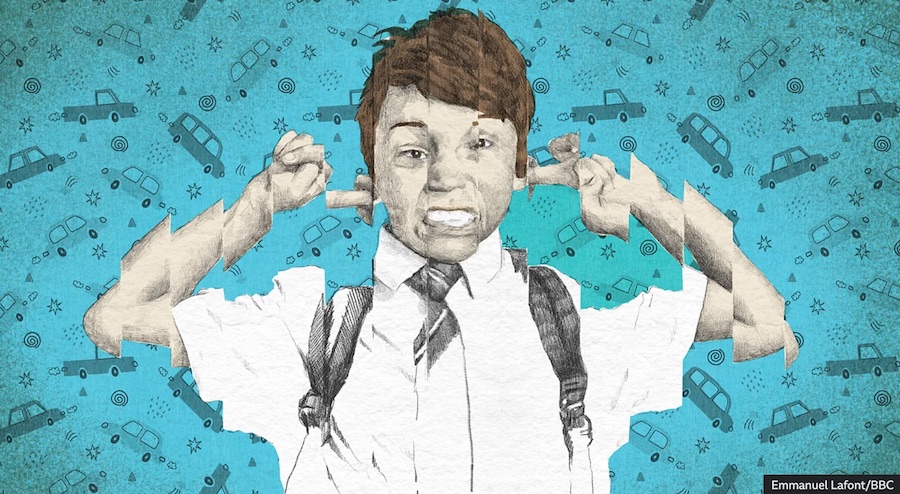The nonstop noise of urban life makes it harder for children to learn. As cities grow, the rising noise dulls young learners during their most crucial years of development and learning.
Research shows noise significantly reduces skills essential for academic success, like reading, focus, and memory. The drone of an air conditioner can divert attention from lessons, yet many young students try to learn while facing noise far louder. For example, studies have measured traffic noise near some schools at over 85 decibels, similar to a lawn mower running constantly outside a window.
Why it matters
Excessive noise from traffic reduces children's cognitive abilities, slowing down their working memory and attention span, essential skills for learning and academic success.
By the numbers:
- A study in New York in 1975 found students in noisy classrooms near subway tracks were 3-4 months behind in reading compared to students in quieter rooms.
- A 2022 Barcelona study involving 2,700 children 7-10 years old found road traffic noise negatively impacts working memory and attention.
- Abrupt noise fluctuations, like car honks or engine revving, are particularly distracting for children, even at lower average noise levels.
- Children 5-11 years old with lower selective attention and inhibitory control are especially distracted by noise.
- Long-term noise exposure increases stress hormones, potentially leading to lifelong health consequences including heart disease, stroke, dementia, and cognitive decline.

The challenge
Shielding children from noise pollution requires cities to rethink urban planning, focusing on:
- Reducing traffic around schools
- Improving classroom acoustics
- Creating green spaces to buffer noise
- Implementing "superblocks" — car-free neighborhoods that prioritize pedestrians and cyclists
How superblocks work: In Barcelona, superblocks are small neighborhoods, closed to through traffic and filled with green spaces. The results are promising:
- Noise levels reduced by 5.2% in the San Antoni superblock
- Improved air quality
- More space for community interaction and exercise
The takeaway
To enhance children's health and learning, cities must update urban planning with proven noise-abatement strategies. The quality of children's education relies on reducing the noise of urban life.

